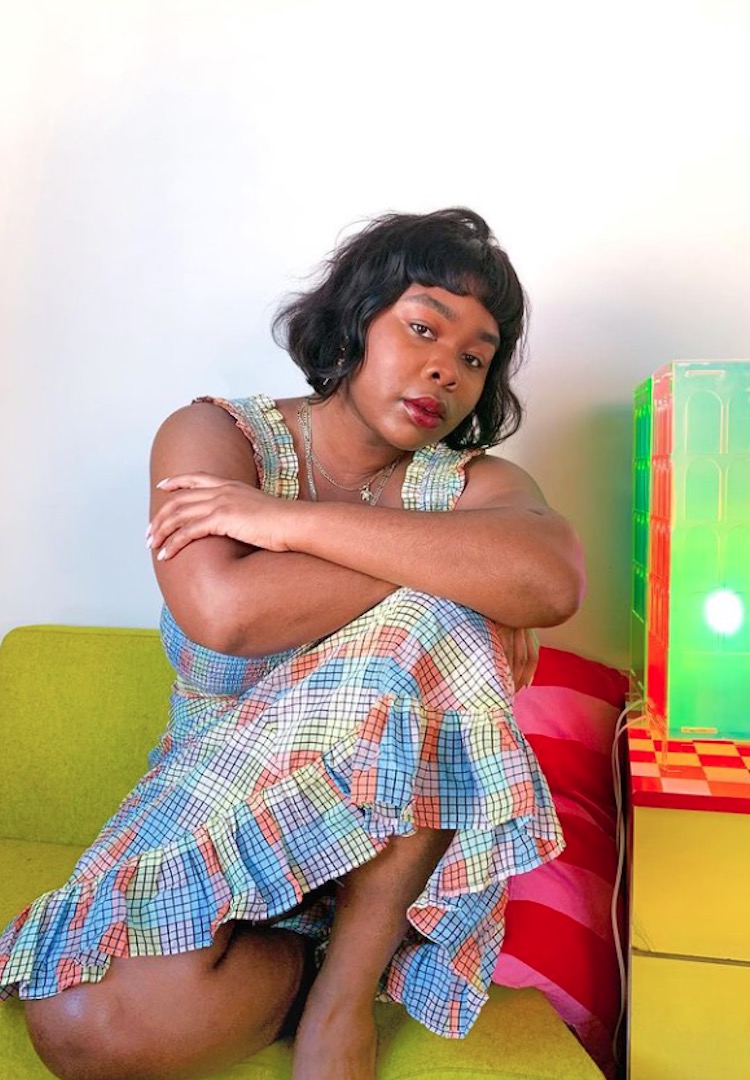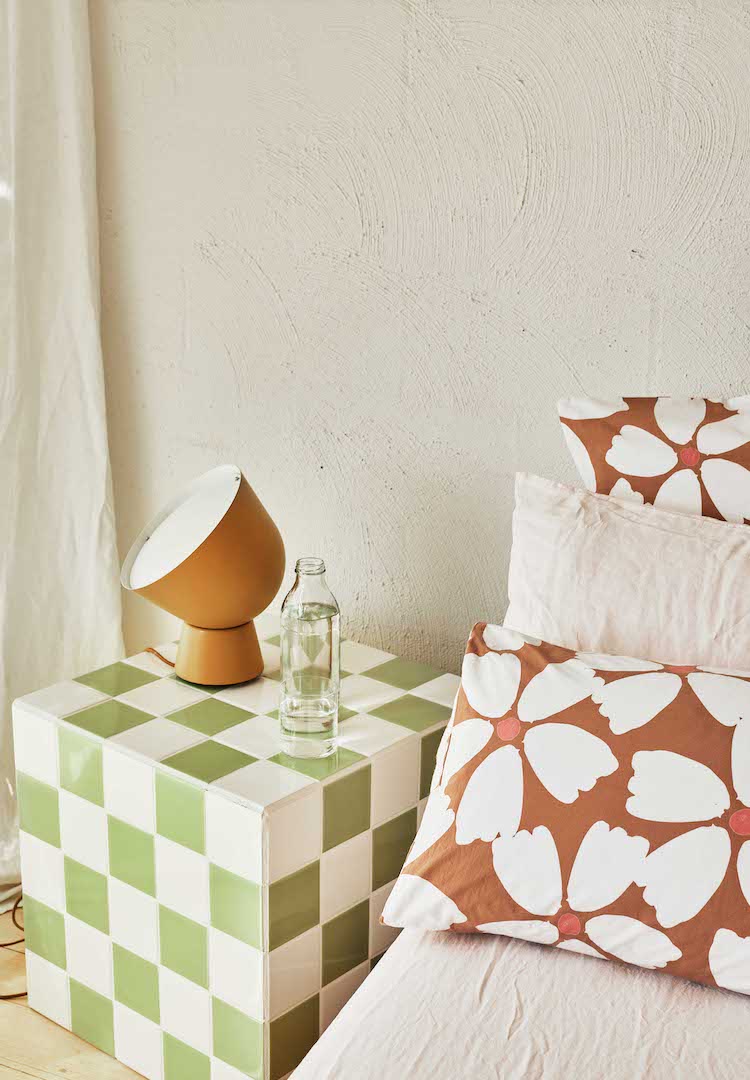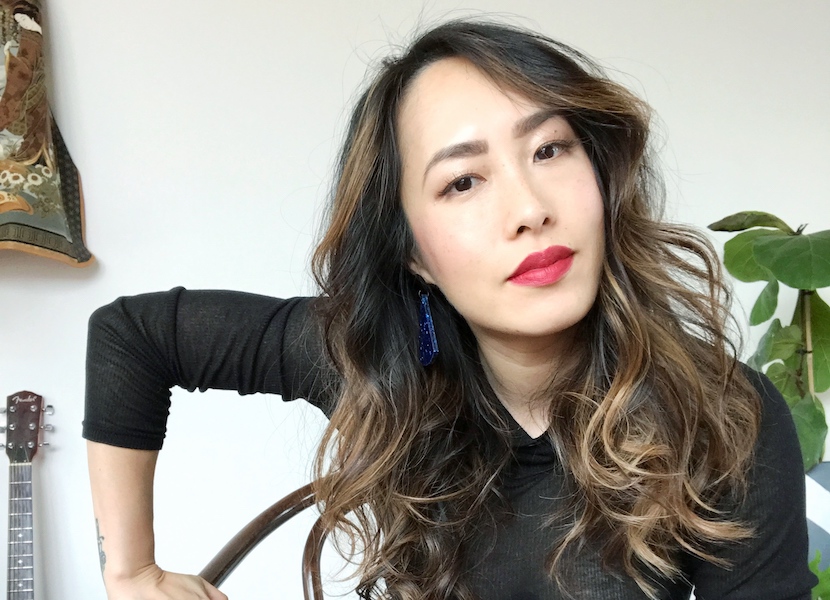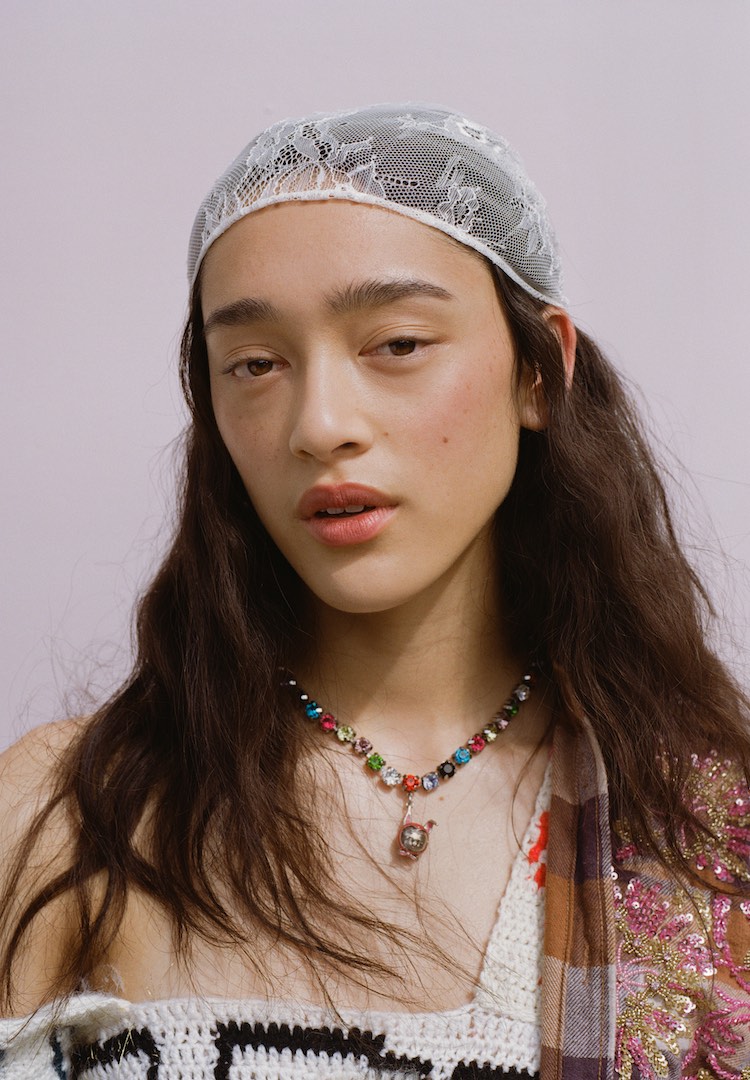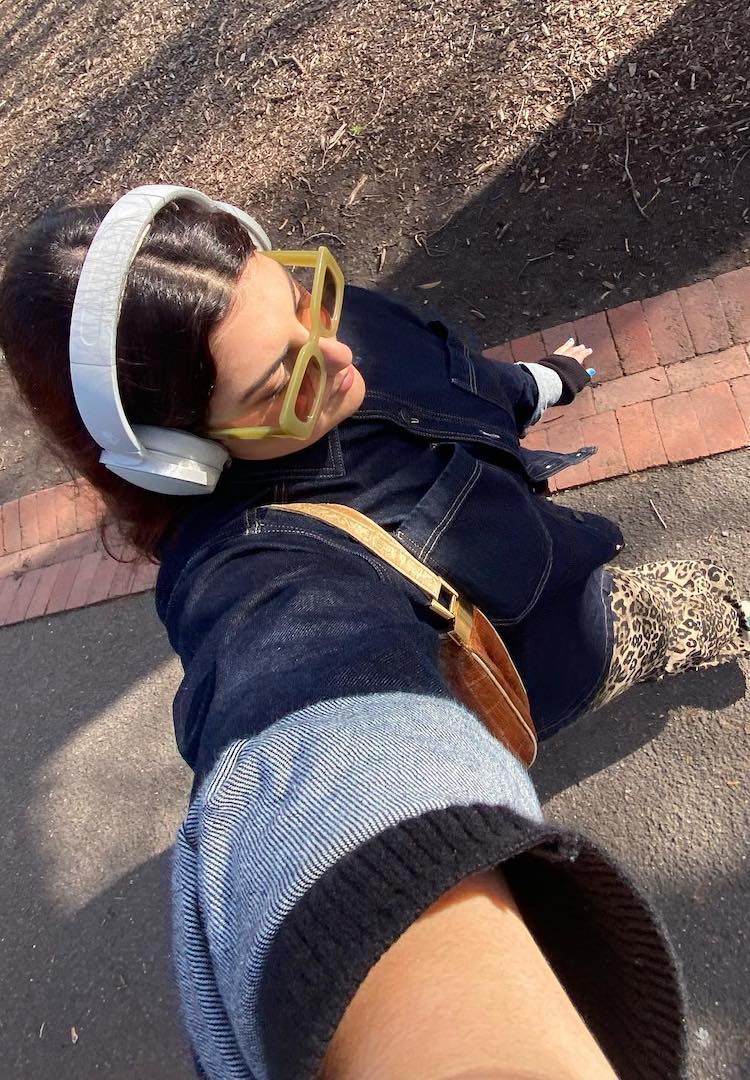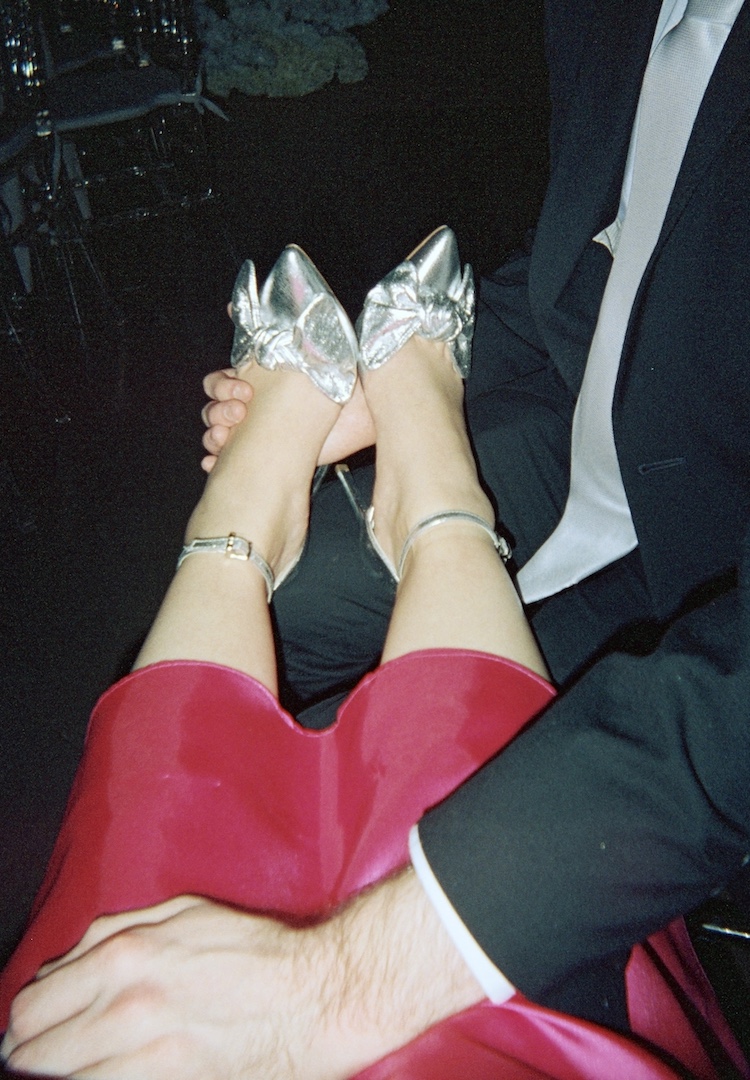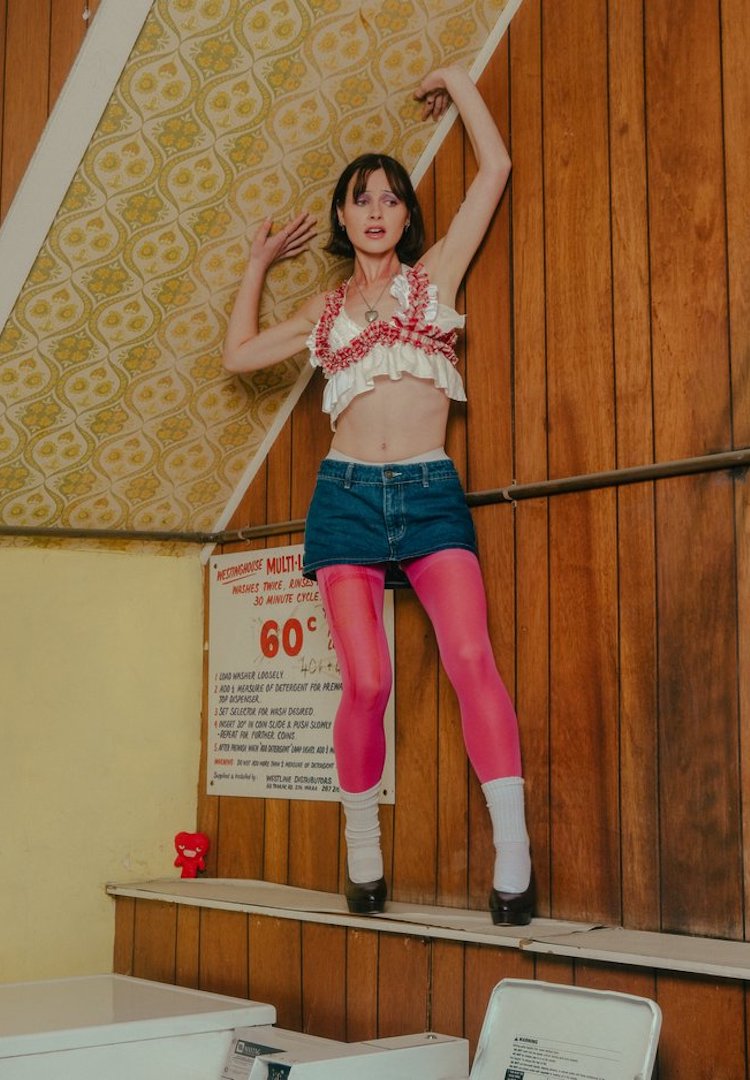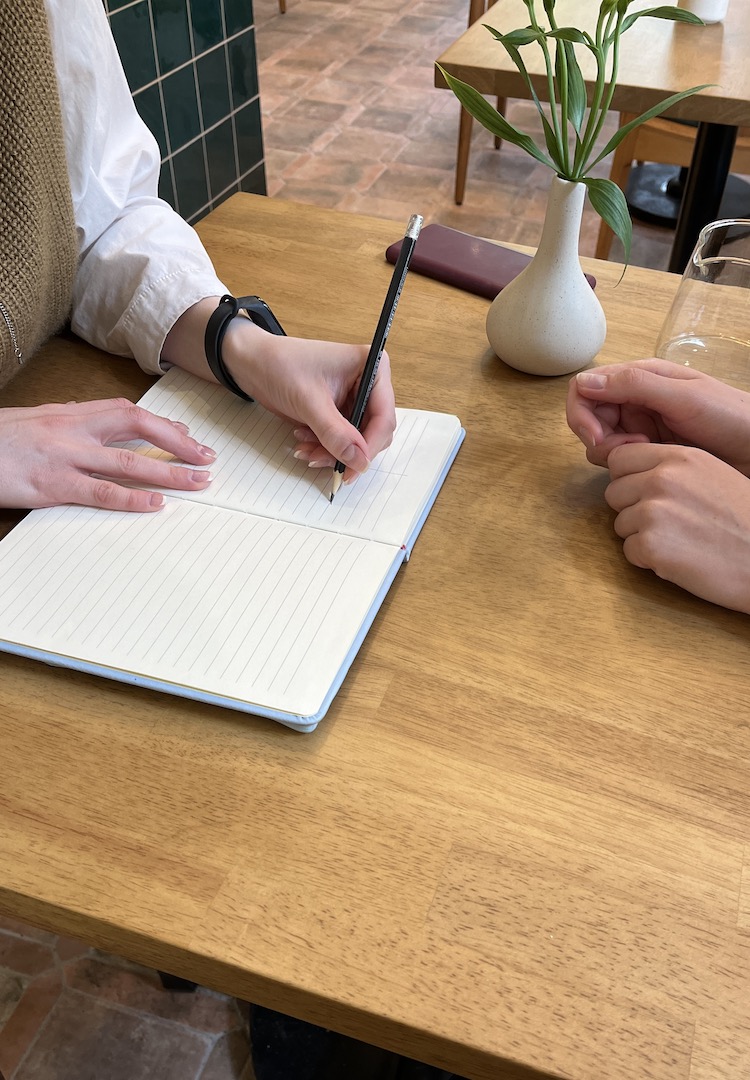Ever heard of the bamboo ceiling? Here’s an explainer and why it’s a problem in Australia
PHOTOGRAPHY BY Josue Hurtado
WORDS BY LUCY XU
“This is our home too; your opinions, your perspectives, and your life experience are just as valid as anybody else’s.”
The term ‘bamboo ceiling’ was coined by Jane Hyun in her book Breaking the Bamboo Ceiling: Career Strategies for Asians.
As defined by Hyun, the term refers to the culmination of individual, cultural and organisational forces that hinder people of Asian descent from attaining executive positions inside corporate organisations. Since then, the term has gained widespread recognition among Asian communities in the West.
As a soon-to-graduate media student at the dawn of my career journey, I am panicking at the prospect of navigating a largely Anglo-dominated media landscape as an Asian-Australian.
I find myself frantically looking for Asian last names on LinkedIn that hold high-ranking titles in the unfamiliar corporate world, in the hopes of finding some sort of pattern in their career trajectory.
A report published by the Australian Human Rights Commission in 2018 found that only 3.3 per cent of Australians of Asian heritage make it to senior executive levels, a stark contrast to the 95 per cent who are of Anglo-Celtic or European backgrounds.
For a society that prides itself on its multiculturalism, this statistic is simply grim.
Growing up, it was rare to see faces like mine reflected back at me on the TV or in the print world. To this day, I still question my eligibility in studying media and journalism, and whether my voice has a place in this society.
I remember religiously following the first series of MasterChef in 2009 because of one of the contestants, Poh – that was my first vivid memory of feeling somewhat accepted and proud and realising that Asians could be cool too.
Stalking people on LinkedIn hasn’t been particularly helpful, and I knew I had to talk to Asian-Australian trailblazers in this industry to get a fuller picture of their range of experiences and find out about how they got to where they are now.
To understand the bamboo ceiling in the context of both the freelance and corporate worlds, I decided to talk to two established Asian-Australian women: Melissa Leong and Anna Lee.
Melissa Leong is a freelance food and travel writer, and the host and judge of MasterChef Australia 2020. Anna Lee is the chief operating officer at Australia’s leading online retailer, The Iconic, managing an incredibly diverse team of people from over 50 nationalities. These are their stories.
Their experiences with the bamboo ceiling
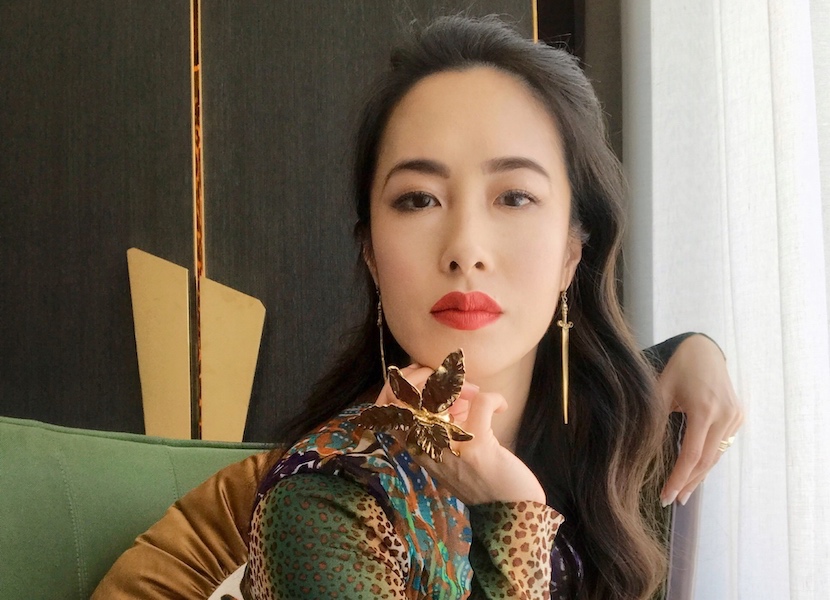
To my surprise, when asked about their experiences as young Asian-Australians setting foot in their respective industries, both women responded positively. Melissa felt that by and large she was “welcomed in the industry”. However, microaggressions did exist which weren’t deliberate per se but were certainly uncomfortable.
Melissa recalls an incident where she was asked to write reviews only for Asian restaurants, when in fact she is (obviously) perfectly able to write about other cuisines. “There were definitely times where I felt perhaps a little pigeon-holed by my cultural background,” she tells me.
Anna views the bamboo ceiling akin to any other kind of professional ceiling that may exist for an individual, whether it’s to do with gender or sexual orientation.
“As a Chinese female, I can’t say that I felt it,” she says. When reflecting on career sponsors who have endorsed and supported her throughout her career, Anna can see a clear pattern. “Every single one of them has been male bosses that have not been of Asian heritage,” she tells me.
Her biggest hurdle, however, has been trying to balance traditional Eastern values within Western corporate settings. “Trying to balance these Chinese influences of respecting your elders, and juggling that with challenging the status quo which is encouraged in a corporate world,” she says.
Ultimately, it’s about “embracing your uniqueness” and “using this to your advantage where you can,” says Anna.
Using your cultural background to work in your favour
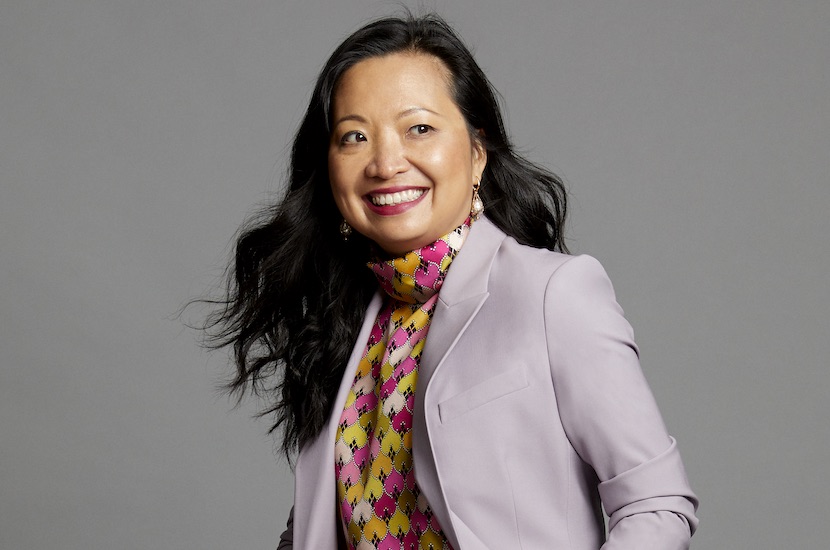
One of the biggest arguments made for the existence of the bamboo ceiling is the clash of Asian cultural upbringings with outspoken Anglo leadership styles. Both women spoke of the importance of embracing your culture and making it work to your advantage.
Anna comes from a Hong Kong-Chinese upbringing, and she says that her “background has not really been a hindrance [for me], it’s been quite beneficial actually”.
She spoke proudly of her mum’s influences on her approach to work and explained that “unquestionable resilience” and “practising and refining excellence” were key attributes that pushed her to climb up the corporate ladder.
The idea of tiger parenting is common in Asian culture. It’s a type of parenting that places high expectations on children in an attempt to instil excellence and encourage them to achieve.
“As I was growing up, I interpreted that feeling as I was never good enough, as I got older, I realised it was my mother who saw the full potential in who I could be. In a way, my heritage was an advantage for being able to feel like I could do anything and even more,” she explains.
Anna feels extremely grateful for her mix of cultures, and believes that this hybridity makes her more unique, allowing her to “pick and choose the things [she likes] about both of those upbringings to [bring to] work every day”.
Melissa, who comes from a Singaporean-Chinese background, also resonated with the qualities of “resilience” and “rising to the occasion”.
“My family were very much a brush it off and rise above it [family],” she says. These qualities at times were a double-edged sword. “Don’t air your dirty laundry, my parents used to say, you gotta be strong especially outwardly,” she explains. But she concedes that keeping the hurt private “isn’t necessarily the healthiest way to move the dial forward”.
Melissa strongly believes that both positive and negative experiences can strengthen us, and feels that what we take away and build from negative experiences are testaments to our character.
It was exactly those characteristics of resilience and competence that got Melissa through some of her not-so-pleasant times. “I might not have had the strength to push through some of the experiences that I’ve had if not for those qualities instilled in me from a very young age,” says Melissa.
To the next generation of Asian-Australians
It is certainly encouraging to see discussions around media and workplace diversity becoming more mainstream. Albeit, there’s always room for improvement and progress.
I ask Melissa what her advice is when responding to microaggressions thrown around in the workplace, and she says it’s important to learn how to articulate your feelings and be able to invite others to honour your interpretations.
“I think you need to read the room… there are times when you can bring things up and there are times where you need to play the long game,” she says.
Beyond standing up for yourself, Melissa spoke about the significance of being in the room where executive decisions are made, because “things won’t structurally change unless there are decision-makers at the top that represent our perspectives”.
Anna, who manages a team of 50 nationalities, says her biggest reward from working with people from such a diverse range of cultures has been “empathy”. Her own experience of growing up in a migrant family has also helped her to connect with and appreciate the challenges faced by her employees.
“I have really loved being able to work in businesses that recognise the value of diversity,” she tells me.
She encourages fellow Asian-Australians to look beyond the barriers in front of them. “You’ve got to understand what your value set is, if you value [an] equal voice, find an organisation that aligns with your values,” Anna tells me.
For me, this was the biggest takeaway from speaking to Anna, especially as a fresh graduate. I am not ready to make difficult decisions at the start of my career, but I can seek out a company that aligns with my values.
Speaking to Melissa and Anna made me feel inspired and appreciative of the progress Asian-Australians have made. As Melissa says: “This is our home too, your opinions, your perspectives, and your life experience is just as valid as anybody else’s. So, own it, and find your place in the world, because it exists”.

